In the coming weeks, many employers will be preparing to submit P11D forms to HM Revenue & Customs (HMRC), but how do you know if you need to?
If some or all of your employees receive employment benefits, in addition to their normal pay and that are not being taxed via PAYE, you must complete and submit a P11D form to HMRC by 6 July following the end of the tax year – i.e., 6 July 2022, for the 2021-22 tax year.
Company cars, living accommodation, childcare and health insurance are all taxable benefits in kind and, consequently, are reportable to HMRC.
As an employer, you also have an obligation to provide a copy of the information to the employee in question, by 6 July.
Whether you submitted P11D forms on behalf of your employees, or whether employee benefits were put through payroll during 2021-22, a corresponding P11D(b) form must be submitted.
This form shows HMRC the total value of benefits an employer has provided to employees, along with the amount of Class 1A National Insurance Contributions (NICs) payable by the employer.
Employers must pay any Class 1A NI owed by 19 July 2022 if paid by cheque, or 22 July 2022 if paid electronically.
If you have a PAYE Settlement Agreement, payments should reach HMRC by 19 October 2022 if paid by cheque, or 22 October if paid electronically.
There are some exemptions for business-related expenses including, for example, uniform that is required for work. However, these only apply if you reimburse an employee’s actual costs or have agreed a flat rate with HMRC that you include in an employee’s earnings.
HMRC will issue penalties of £100 per 50 employees for each month or part month your P11D(b) is late. You’ll also be charged penalties and interest if you’re late paying HMRC.
If you offer taxable benefits to your employees and directors and you are unsure about whether you are declaring these appropriately, contact me or a member of the team by visiting www.georgehay.co.uk or calling 01767 315010.








